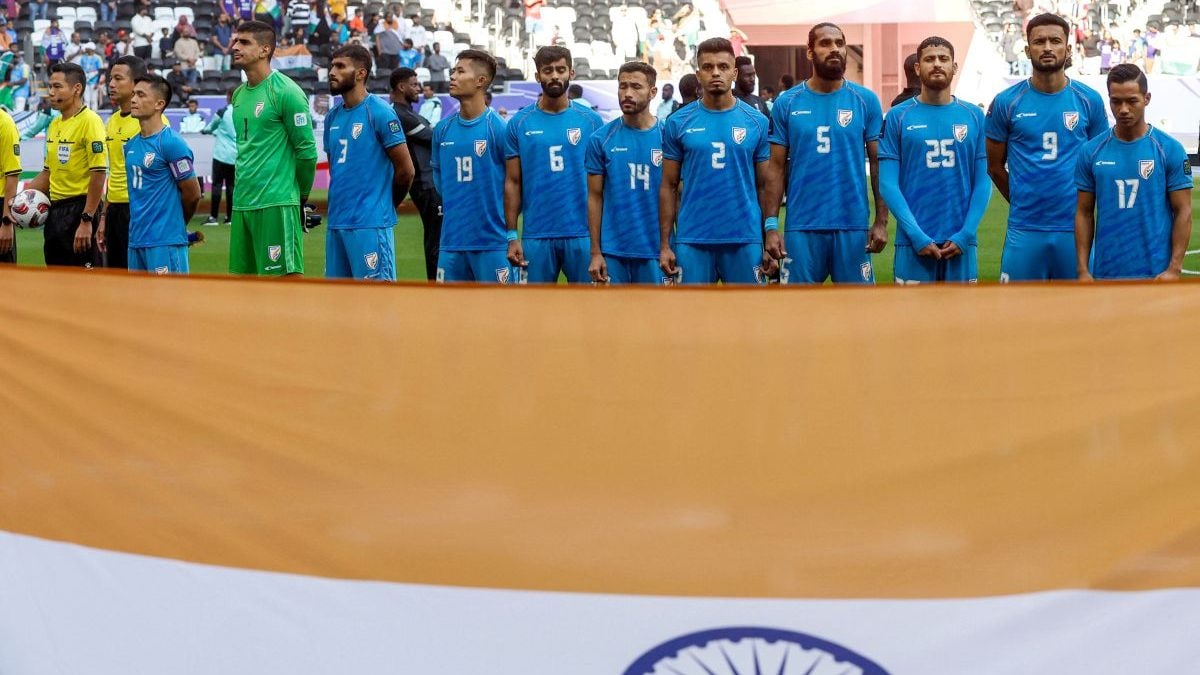

The recent struggles of the Indian national football team point to a crisis that extends far beyond the immediate issues of missing Overseas Citizens of India (OCI) players or the reliance on retired legends. A comprehensive overhaul is needed to address systemic problems and propel Indian football forward.
The recent 1-0 defeat against Hong Kong in the AFC Asian Cup Qualifiers has intensified scrutiny on the All India Football Federation (AIFF) and its leadership. Former captain Bhaichung Bhutia has openly criticized the AIFF and its President, Kalyan Chaubey, accusing them of mismanagement and demanding structural reforms. The loss jeopardizes India's chances of qualifying for the 2027 Asian Cup, a significant setback considering their consistent appearances in past continental championships. Adding to the woes, coach Manolo Marquez is under pressure, with the team managing only one win in their last eight matches. Reports suggest Marquez is considering stepping down, just months after his appointment, highlighting the instability at the helm.
One immediate concern revolves around the eligibility of OCI players. Current regulations prevent players holding OCI cards from representing India unless they renounce their foreign citizenship. Calls are growing to relax these rules, as many talented players of Indian origin are thriving in leagues worldwide. Allowing OCI players could provide a short-term boost, particularly in attacking positions where India has struggled. However, some argue that relying on OCI players might distract from addressing deeper, more fundamental issues. The Sports Ministry may be rethinking the rule on OCI card holders.
The return of Sunil Chhetri, at the age of 40, after a brief retirement, underscores both his legendary status and a concerning lack of forward talent. While Chhetri's dedication and goal-scoring record are undeniable, the dependence on a veteran player signals a failure to develop young strikers. The AIFF President has acknowledged the struggle to find top-quality strikers and has expressed intentions to integrate OCI players to resolve the same. Clubs seemingly prefer foreign strikers, further limiting opportunities for Indian players to gain experience in key positions.
Beyond player eligibility and individual stars, systemic issues plague Indian football. Weak grassroots development, insufficient coaching, and a lack of proper structure hinder the growth of young talent. While the Indian Super League (ISL) has increased visibility and financial investment, concerns exist that high salaries and limited playing time for Indian players have led to complacency. The AIFF has also faced criticism for mismanagement and financial issues, including delays in payments to players. Bengaluru FC owner Parth Jindal has publicly called for urgent course correction.
To address these deep-rooted problems, major changes are needed across various levels:
The challenges facing Indian football are significant, but with a comprehensive and sustained effort, it is possible to overcome these obstacles and build a brighter future for the sport in the country. It will require a collaborative approach involving the AIFF, clubs, coaches, players, and fans, all working together towards a common goal.